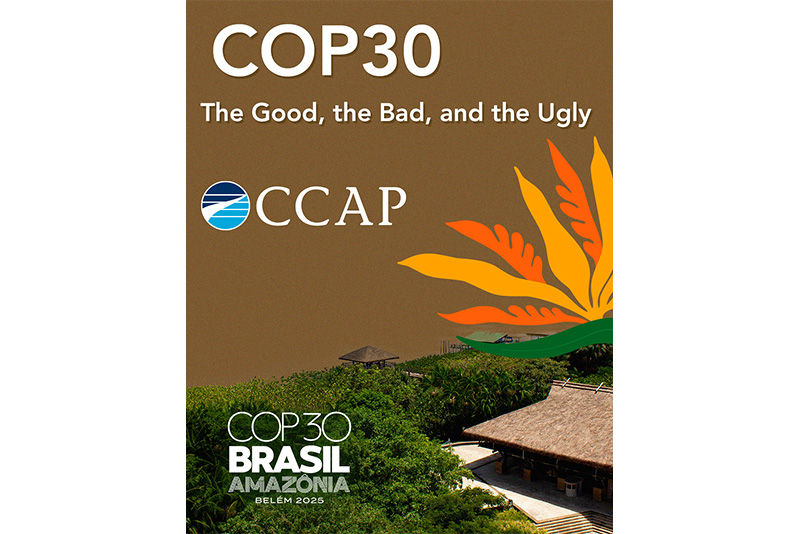With the Paris Agreement in Place, What’s Next for the Green Climate Fund?
- Mar 23, 2016
- 2 min read
Last week, Board members of the Green Climate Fund (GCF) met for the first time since the historic Paris Agreement was adopted last December. While the Board shelved a number of important decisions until the June meeting, the atmosphere was positive and there was a constructive exchange of views on many issues.

A key question on the table was how the Fund can contribute to the ambitious global goals adopted at COP21.
The Board took an important step forward with the adoption of a Strategic Plan, which defines a vision for the GCF through 2018. The Plan rightfully points to the new climate deal as a starting point for the Fund, and emphasizes the role of the GCF in supporting countries to achieve their INDC goals.
Recognizing that more remains to be done, the Board called on the Secretariat to further spell out how the GCF can support the implementation of the Paris Agreement and COP decisions. This offers an opportunity to articulate the GCF’s strategic role within the larger architecture of climate finance support after Paris.
In the coming years, an important part of this work will be to help countries convert their contributions under the Paris Agreement into ambitions actions on the ground. While in Songdo, CCAP shared our recent policy brief, which describes the steps countries will likely undertake to convert their INDCs into policies, programs and finance-ready investment plans. We were able to speak with a number of GCF Board members, advisors, and Secretariat staff, and the response was positive: as the GCF scales up operations, there was broad agreement that supporting countries to convert their INDCs is a promising way to promote ambition and build a pipeline of high impact programs for the Fund.
In particular, many felt that GCF resources could be usefully applied to help countries develop financing strategies for their INDCs. Beyond the GCF’s current support for country programs, which identify potential funding opportunities for the Fund, a broader investment strategy can help attract financing from a wide-range of public and private sources, and identify the strategic use of international support.
The next steps will be to ensure adequate support to help countries take this work forward. At the June meeting, the Board will consider ways to enhance country programming and readiness support, and define the scope and function of the project preparation facility. The Board should significantly scale-up resources to support the development of countries programs, policy frameworks, and specific program proposals anchored in countries’ INDCs, and signal its willingness to support any country willing to prepare a comprehensive INDC investment strategy that consider all sources of financing.
Early and meaningful support to build national capacity and strong country pipelines can help the GCF deliver on its “paradigm shift” objectives. Doing so in the context of national strategies that identify opportunities to catalyze climate-friendly flows will help the GCF play its part in making global financial flows consistent with low-carbon, climate-resilient development in line with the purpose of the Paris Agreement.





شيخ روحاني
رقم شيخ روحاني
الشيخ الروحاني
الشيخ الروحاني
شيخ روحاني سعودي
رقم شيخ روحاني
شيخ روحاني مضمون
Berlinintim
Berlin Intim
جلب الحبيب
https://www.eljnoub.com/
https://hurenberlin.com/